Choosing the right
Payment Gateway
Global payment gateways are online services that facilitate the processing of transactions between buyers and sellers across borders. They act as an intermediary between a customer’s bank and the merchant’s account, allowing for secure transactions involving various payment methods like credit/debit cards, digital wallets, or bank transfers. These gateways are essential for businesses that operate internationally, as they handle currency conversions and cross-border regulations.
How Do Global Payment Gateways Work?
- Customer Initiates Payment: When a customer makes an online purchase, they select a payment method and submit their payment details via the merchant’s website.
- Encryption and Data Transmission: The payment gateway encrypts the customer’s data (e.g., card details) and securely transmits it to the payment processor for validation.
- Payment Processor and Bank Verification: The payment processor checks with the customer’s issuing bank or payment provider to verify the funds or account details. This step may include fraud detection and security checks.
- Authorization: If the customer’s bank or payment provider approves the transaction, an authorization code is sent back to the gateway, confirming the transaction is valid.
- Completion of Transaction: The merchant receives the confirmation, and the transaction is completed. The customer is charged, and the funds are transferred to the merchant’s account, often via a merchant acquiring bank.
- Currency Conversion: For global transactions, the payment gateway handles currency conversion, allowing customers to pay in their local currency while the merchant receives payment in their preferred currency.
- Settlement: The funds are settled into the merchant’s account, usually after a few business days, depending on the gateway and payment method.
Pros of Global Payment Gateways
- Multiple Payment Methods: Global payment gateways offer various payment methods, including credit/debit cards, bank transfers, and digital wallets like PayPal or Apple Pay, catering to a global audience.
- Currency Conversion: These gateways handle automatic currency conversion, allowing merchants to accept payments in multiple currencies and customers to pay in their local currency.
- Security Features: They provide advanced encryption and fraud detection tools, such as tokenization and PCI-DSS compliance, to ensure secure transactions, protecting both the customer and merchant from fraud.
- Seamless Integration: Payment gateways integrate smoothly with eCommerce platforms, shopping carts, and websites, making it easy for businesses to accept payments online.
- Fast and Convenient Payments: Customers can quickly complete purchases with minimal friction, boosting conversion rates for merchants.
- Global Reach: Global payment gateways expand a business’s reach by enabling international transactions, which helps merchants tap into a global customer base.
- Real-Time Transaction Tracking: Merchants can track and monitor transactions in real-time, improving transparency and providing valuable insights into payment trends and customer behaviour.
Cons of Global Payment Gateways
- Transaction Fees: Payment gateways typically charge transaction fees, which may include a percentage of each sale and a fixed fee per transaction. For international transactions, currency conversion fees and cross-border fees may also apply, cutting into profits.
- Settlement Delays: Settlement of funds to a merchant’s account can take several days, especially for international transactions, which can delay access to funds.
- Currency Conversion Costs: While gateways handle currency conversion, the fees associated with this service can be high, reducing profitability for merchants dealing with multiple currencies.
- Limited Availability in Certain Countries: Some payment gateways do not operate in all countries or regions due to regulatory restrictions, which limits access for merchants or customers in certain locations.
- Fraud and Chargebacks: Even with advanced security features, there is still the risk of fraud or chargebacks, which can lead to losses for merchants. Disputed transactions can also be time-consuming and costly to resolve.
- Technical Integration Issues: Although integration with websites and eCommerce platforms is generally straightforward, some businesses may face technical issues during setup or experience compatibility problems with certain systems.
- Compliance and Regulatory Challenges: Global payment gateways must comply with various local and international regulations, such as anti-money laundering (AML) and know-your-customer (KYC) laws. This can create complexities for businesses operating across multiple jurisdictions.
Reliable Global Banks & Payment Gateways
Here are the top 10 global payment gateways for individuals across the globe, particularly for retail traders,freelancers, small business owners, and those who need to send or receive international payments:
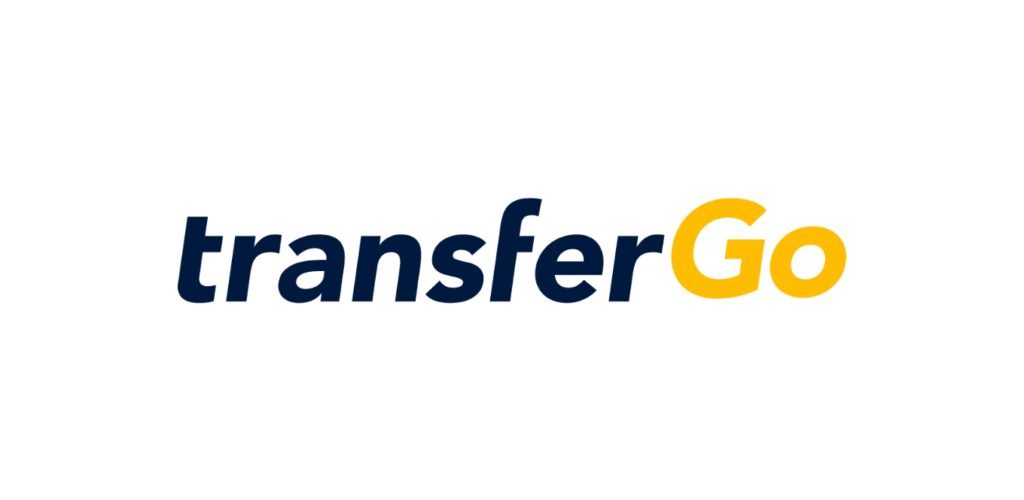
TransferGo
Pros:Fast transfers to many countries; user-friendly interface. Cons:Limited to bank account transfers; fees vary by destination. Fees:0.99 to 2.99 EUR + FX margin
Additional Information:
Year Founded: 2012
Other Factors: Supports over 160 countries.

Wise (formerly TransferWise)
Pros:Low fees; real exchange rate; fast delivery. Cons:Fees increase for large transfers; no cash pick-up options. Fees:Transparent fees based on amount + FX margin
Additional Information:
Year Founded: 2011
Other Factors: Offers multi-currency account.

N26
Pros:Mobile-friendly banking; easy currency exchanges. Cons:Limited services outside Europe; fewer integrations with third-party services. Fees:Free for basic account; international fees apply.
Additional Information:
Year Founded: 2013
Other Factors: Operates as a full bank in Europe.

Revolut
Pros:Wide range of features including crypto and stock trading; fast transfers. Cons:Limited free transfers on lower plans; complex fee structure for international usage. Fees:Free & premium plans with varying fees.
Additional Information:
Year Founded: 2015
Other Factors: Strong focus on digital banking and investing.
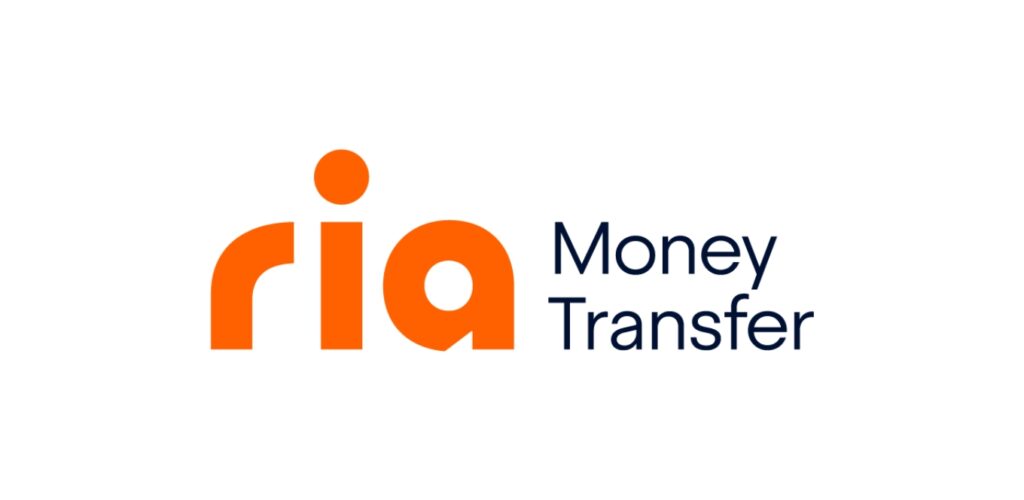
Ria Money Transfers
Pros:Large network of cash pick-up locations; fast transfers. Cons:Higher fees for card payments; exchange rates can be less competitive. Fees:Varies by destination and payment method.
Additional Information:
Year Founded: 2013
Other Factors: Available in over 160 countries.
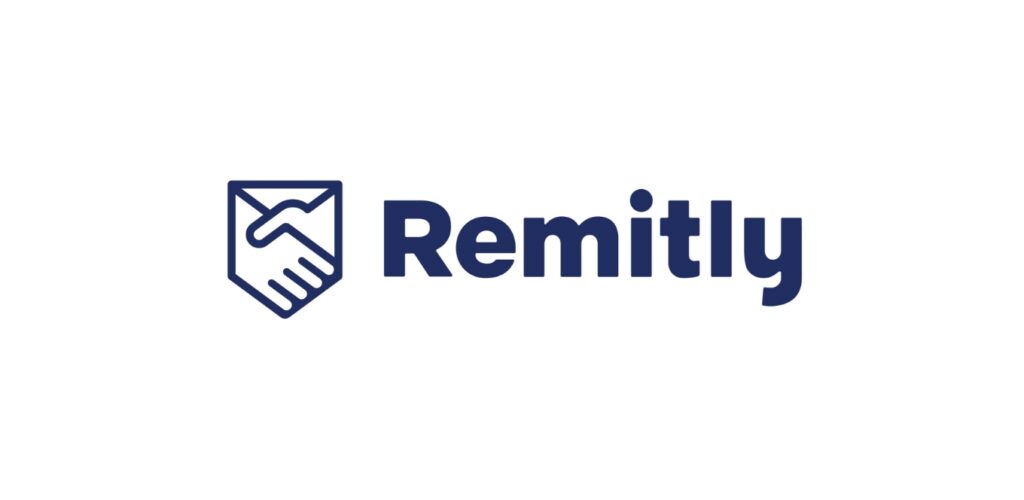
Remitly
Pros:Fast delivery options; wide range of payout methods including bank deposit and cash pick-up. Cons:Higher fees for express options; exchange rates can include a margin. Fees:Focused on remittances to developing countries.
Additional Information:
Year Founded: 2011
Other Factors: Focused on remittances to developing countries.
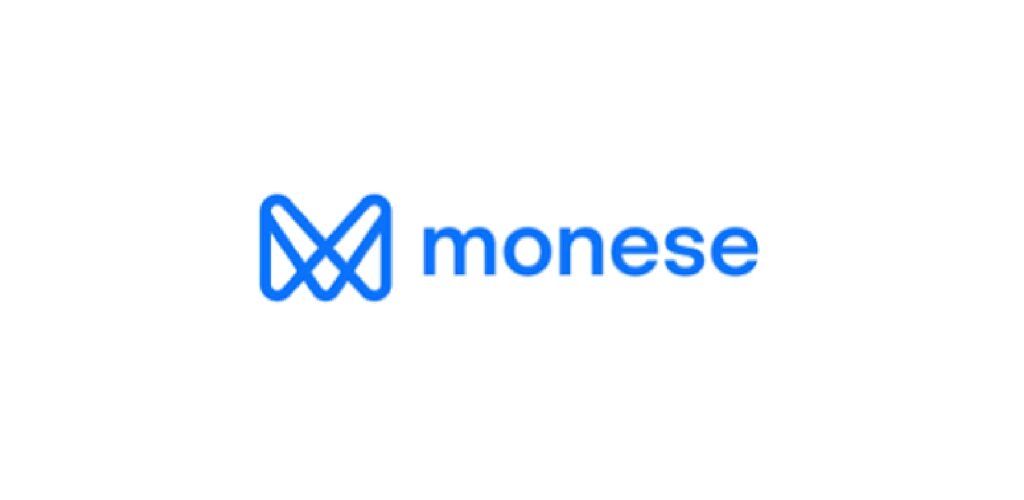
Monese
Pros:Easy to open an account; supports multiple currencies. Cons:Fees for certain transactions like ATM withdrawals; limited to Europe for some features. Fees:Free basic account; FX fees for transfers
Additional Information:
Year Founded: 2015
Other Factors: Ideal for expats and travellers in Europe.
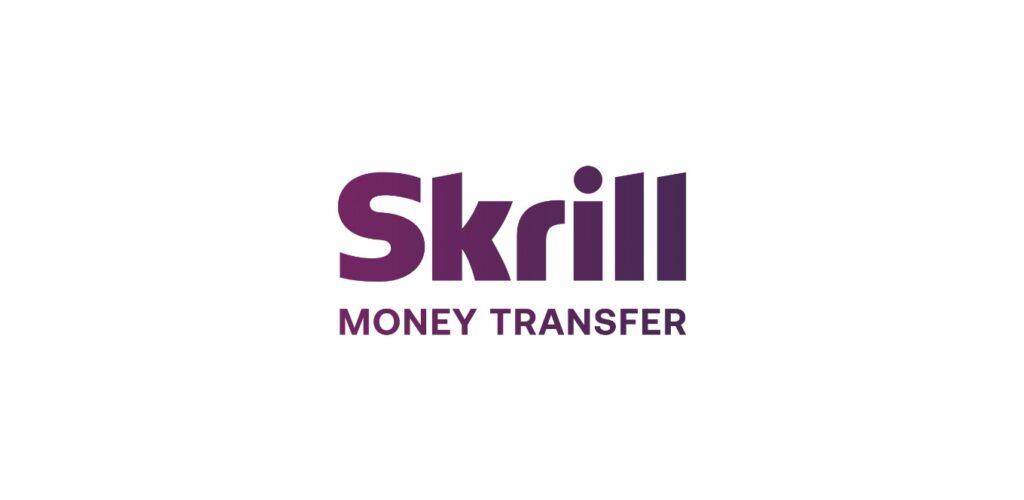
Skrill
Pros:Fast transfers; supports crypto transactions; high global reach. Cons:Higher fees compared to competitors; account inactivity fee. Fees:1.45% per transaction; 3.99% FX fee
Additional Information:
Year Founded: 2001
Other Factors: Widely used for online gaming and trading.
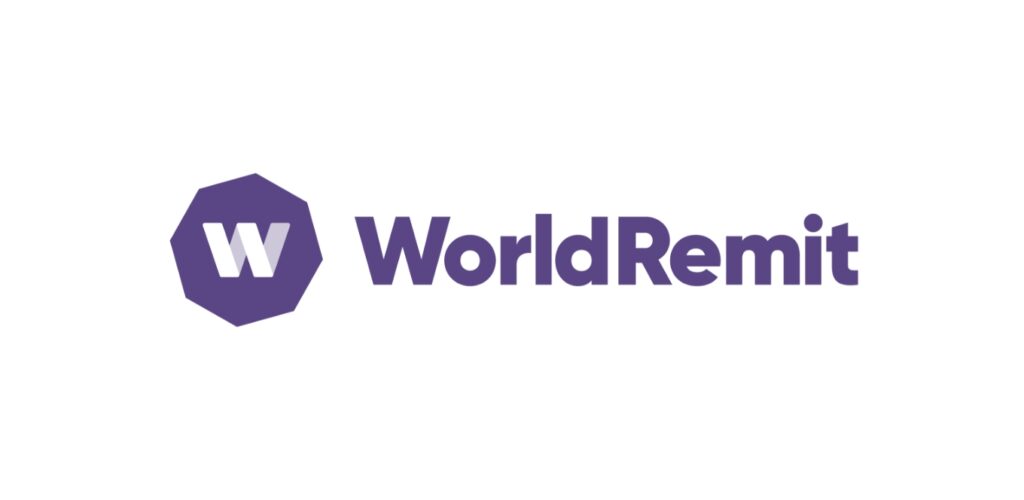
World Remit
Pros:Fast and reliable; diverse payout methods including mobile wallets and cash pick-up. Cons:Fees can be high for some regions; exchange rates include a margin. Fees:Varies by country and transfer method
Additional Information:
Year Founded: 2010
Other Factors: Strong presence in Africa and Asia.
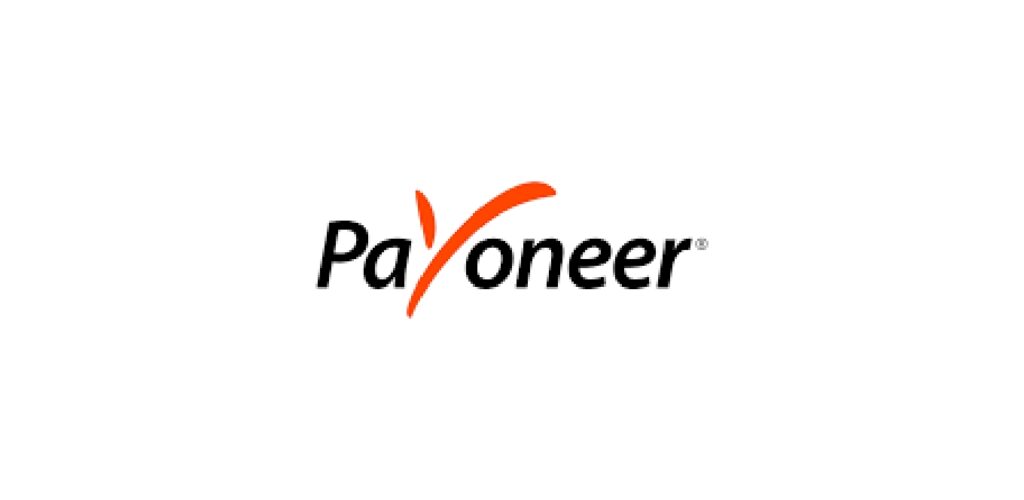
Payoneer
Pros:Strong integration with freelancing platforms; multi-currency receiving accounts. Cons:Fees for withdrawing to bank accounts; currency conversion can be costly. Fees:1% for receiving international payments
Additional Information:
Year Founded: 2005
Country of Origin: Popular among freelancers and small businesses.
Choosing the Best
Global Payment Gateway
When choosing a global payment gateway, consider:
- Availability: Ensure the payment gateway operates in your specific country.
- Fees: Check for transaction fees, currency conversion costs, and withdrawal fees.
- Currency Support: Ensure the gateway supports your local currency and the currencies you deal with.
- Payment Methods: Consider whether you need support for credit cards, mobile money, or bank transfers.
- Security: Make sure the gateway has strong security measures like encryption and fraud protection.
These global payment gateways cater to the needs of individuals across the continent & some across the globe, allowing for secure, fast, and efficient international payments.
